![How-to-be-Your-Own-Immunity-Ally[1]](https://thelifepilot.com/wp-content/uploads/2022/11/How-to-be-Your-Own-Immunity-Ally1.jpg)
The human immune system is a complex network of entire organs, gatherings of tissues and cells, and even singular molecules, all working together in tandem towards the common goal of protecting, defending, and indemnifying the body against invaders.
Usually, these invaders are in the form of microscopic, infection-causing organisms such as bacteria, parasites, toxins, or funguses. Additionally, though they are not ‘alive’ in the same sense, viruses enter the body in the same manner as all other entities.
Most often, foreign enemies enter the body via hand-to-mouth contact, though sores and open wounds are common points of entry too. This is why the epidermis- your skin- is the first in your line of defense against disease. It provides a barrier between the outside world and the inside one.
The Dirt on Hand-held Diseases
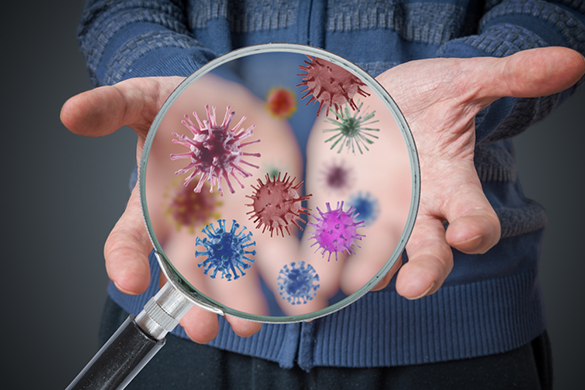
Since the human body is an ideal habitat for a multitude of less-than-helpful organisms, intruders are constantly attempting to break in. For this reason, the immune system is always active. It is constantly fighting, adapting, and evolving to the onslaught of new and old germs. If and when one does get through and cause us to get sick, it is then also our immune system’s job to help us recover and become well again.
What are the multitude of organs within us that contribute to the immune system? How many are there? What do each of them even do? One single health credit a decade (or two) ago in high school is hardly enough to know how to take care of your body’s delicate systems in the frighteningly fast-paced world of today.
Notable Nodes of the Lymph Variety
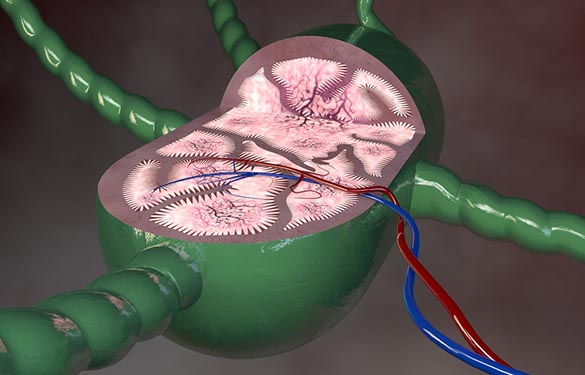
No, they’re not something out of a Willy Wonka factory, though they sound like it. If you ever experienced a sore throat, then you’re more than likely familiar with at least one set of your many sets of lymph nodes. There are hundreds throughout your body, with larger clusters gathered around your neck, underarms, abdominal area, and groin.
Inside lymph nodes are countless immune cells, which encounter any foreign particles as they pass. The primary function of lymph nodes is to provide a place for entering particles to come in contact with immune defenses. Lymph nodes filter out the dead cells and germs, which is one of the reasons an infection can cause swelling in lymph nodes.
Let Me Ex-Spleen
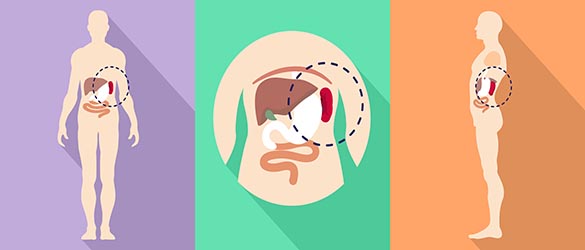
The human spleen contains several different chambers where every variety of natural immune cell gathers together to work and defend against would-be intruders. While it performs essential functions and is critical in keeping you healthy, a human being can technically live without their spleen, though it would leave their immune system permanently disadvantaged.
Fortunately, lymphoid tissue around your tonsils, adenoids, and appendix can function similarly to actual lymph nodes and mimic spleen function as well. There is no replacement for a fully functional, healthy spleen, however.
Additionally, bone marrow- the soft tissue inside our bones- is the source of nearly all of the vital immune cells that end up fighting against germs inside the previously mentioned systems and organs. Before those are ready to go, they are stored in another important organ called the thymus.
As you can see, the immune ‘system’ is far more than just one organ. It is an orchestra of parts working as one whole. So what are the best methods for strengthening such a wide variety of immune activity?
How to help your immune system
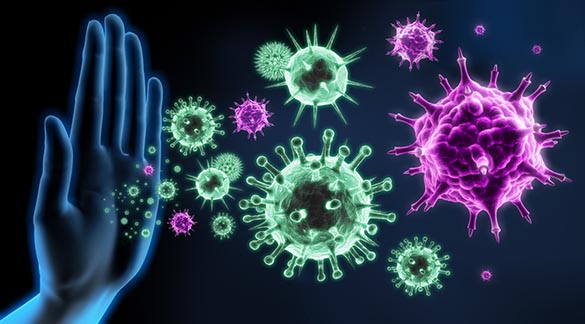
When it comes to maintaining good health, personal hygiene is one of the most critical steps, hands down. No, literally. Keeping your hands down away from your face is perhaps one of the single best practices for avoiding everything from the common cold to potentially deadly viruses.
This is because our hands come into contact with the outside world far more than any other part of our body, and the skin is an excellent host for a myriad of hangers-on. Particularly the skin under our fingernails, where bacteria can crawl in and stay hidden.
The longer your nails are, the more difficult it is to fully clean under them. And some microscopic microbes are just too small, and will remain embedded under your nails even after they die.
This is why washing your hands or using hand sanitizer are excellent options, but the absolute best course of action is to try not to touch your face at all, even when you think your hands are clean.
Vitamin Smart

Everyone who knows anything about health will tout the benefits of Vitamin C, and for good reason. Human bodies cannot create ascorbic acid (vitamin C) within themselves, and so an outside source is not only ideal, but necessary. It is used by tissue lymph structures to replenish, repair, and maintain cells all over the body, making it an integral part of any healthy, functioning system.
But Vitamin C is not the end-all, be-all of vitamins that can greatly benefit your immune health. Vitamin E is fat-soluble, meaning it is easy for our bodies to absorb and naturally prevents oxidation. This is especially helpful in lymphatic areas which can be prone to inflammation if infected. Vitamin E also helps the body produce additional natural killer cells, another specialized type of immune defensive cell.
Snack on Some Shrooms
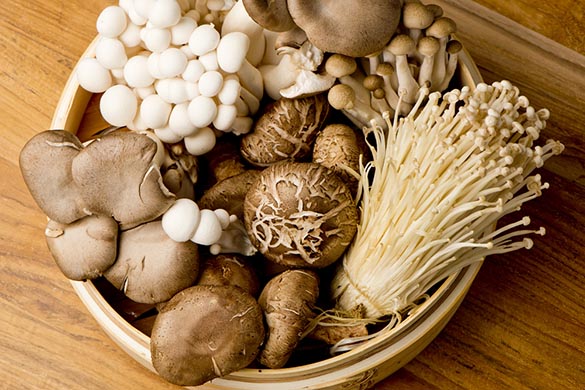
Eating a balanced diet is an important component to overall health, and also with keeping your natural immunity high. When it comes to which foods help you boost your immunity, well, there can be many battles fought for all types of different edibles. Vitamins and minerals that cannot be made in the body typically come from the nourishment we take in on a daily basis, so it makes sense to include a healthy dose of the food stuffs we know are full of the things we need.
That’s where mushrooms come into play. More than any other particular food, fungi have distinct genetic compositions and antioxidants that are unparalleled in increasing immune response. However, the variety is large and wide, and each different type of mushroom requires sourcing, cleaning, prepping, and cooking methods each on their own. It can be a particularly overwhelming time investment for some who do not generally forage for their own ‘shrooms.
Supplements, Sorted

Because the human immune system is so vastly complicated, it can handle the endless combination of pathogens attempting to attack. But nonetheless, no system is perfect, and sometimes a germ or two slips through the cracks. It’s all but impossible to balance a perfect diet to deliver the exact proportion of immune-healthy vitamins, minerals, and antioxidants.
That is why so many companies attempt to do it for you via a supplement. It’s a perfectly healthy alternative to a lot of difficult work, particularly if you are short on time. If you do decide to seek a supplement, look for one that is natural, with vitamins as the first few ingredients. Vitamin C and E should be high on the list, as well as an amino acid and potentially other immune boosting ingredients like mushroom varieties, green tea extract, or graviola.
Our pick for our current favorite supplement is Daily Natural Immunity Boost, now available with a free KN95 mask with your order. It’s available at VitalDepot.com, and is currently on sale for 30% off.






